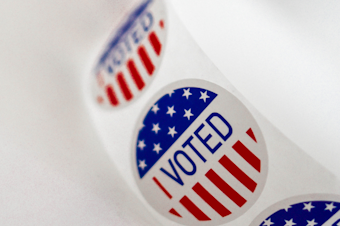Alec Cowan
Senior Podcast Producer
About
Alec Cowan is a senior podcast producer at KUOW, where he works on Booming and other podcast projects.
Alec has worn many hats at KUOW. He helped launch Soundside and brought many eclectic stories to the program, from a late-night patrol with real life superheroes to the sewing machine sounds of an artisanal sail loft. Additionally, he was previously a producer for The Record with Bill Radke and the Primed podcast.
Before joining KUOW, Alec worked in NPR's Story Lab, where he helped pilot the Louder Than a Riot podcast and assisted in producing a story on volunteerism in Iraq for Rough Translation. Originally from Grand Junction, Colorado, his roots in the Northwest begin in Eugene, where he studied English and philosophy at the University of Oregon and worked as a news reporter for NPR member station KLCC. He is likely neglecting his saxophone, growing book collection, and expanding personal project list in favor of boosting his online Xbox ranking.
He's proud to be KUOW's unofficial "boat guy."
Location: Seattle
Languages Spoken: English
Pronouns: he/him/his
Podcasts
Stories
-
How medieval monsters got their meaning
-
Our NW volcanoes regularly rumble. But when should we start to worry?
-

A Seattleite's guide to the 2024 Washington state ballot
Here's what Seattle area voters should know about the 2024 Washington state ballot.
-

Seattle Opera brings the spiritual to the stage in 'Jubilee'
A new opera called "Jubilee" based on the Fisk University Jubilee Singers makes its world debut this month with the Seattle Opera.
-
How money is changing college athletics, for better and for worse
-
Seattle's latest growth plan is out. How would it change the city's neighborhoods?
-

Debating the future of Washington's public lands: Where the candidates stand
Few Washington races have grabbed as much attention this year as the one for Commissioner of Public Lands. In August, a crowded primary was recounted and decided by just 49 votes.
-
Seattle Opera brings the spiritual to the stage in "Jubilee"
-
Boeing announces layoffs amidst ongoing worker strike
-
Commissioner candidates debate over the future of public lands

